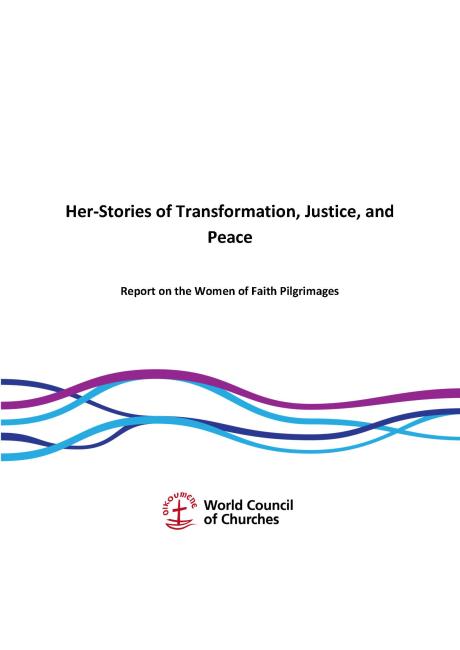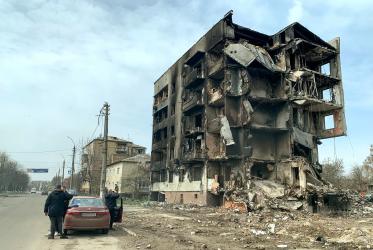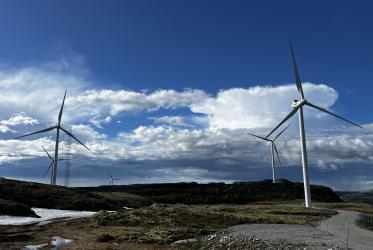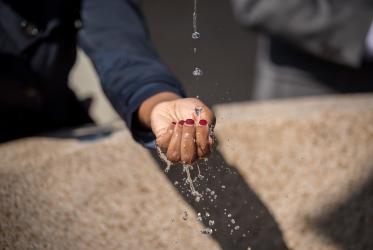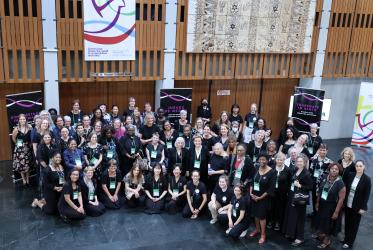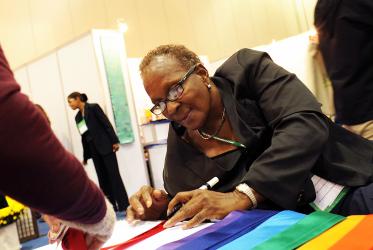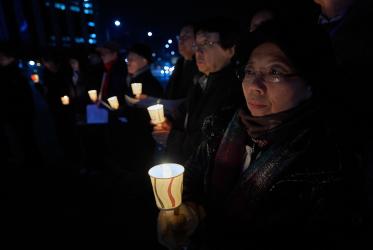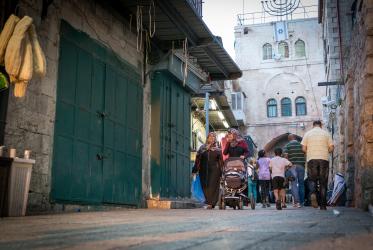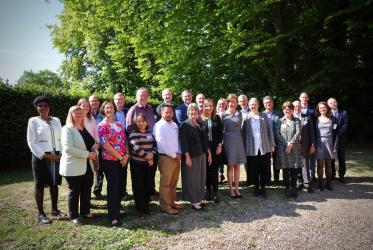Displaying 161 - 180 of 709
Water and justice at the WCC 11th Assembly
20 July 2022
Her-Stories of Transformation, Justice, and Peace PJP Series
Report on the Women of Faith Pilgrimages
11 July 2022
Called to Transformation - Ecumenical Diakonia
09 June 2022



